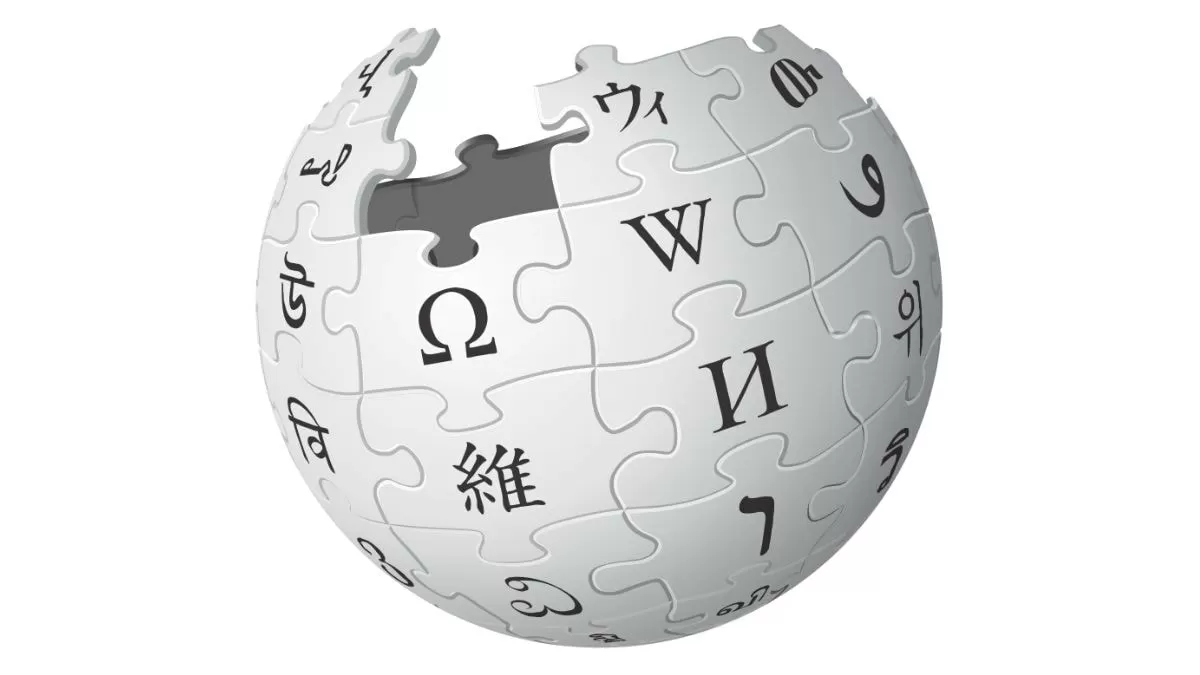Wikipedia, the world’s largest online encyclopedia, has been a go-to source of information for millions of people across the globe. However, the platform has recently found itself in the midst of controversy in India. On Tuesday, the Indian government reportedly issued a notice to Wikipedia over concerns of bias and inaccuracy on its website.
The notice, which was served by the Ministry of Information and Broadcasting, has raised questions about the role of Wikipedia as an intermediary and whether it should be treated as a publisher instead. This development has sparked a debate about the credibility and reliability of information on the platform.
Wikipedia has been a trusted source of information for its users, with its open-source model allowing anyone to contribute and edit articles. However, this has also raised concerns about the accuracy of information, as anyone can make edits without being an expert in the subject matter.
The Indian government’s notice to Wikipedia is a step towards addressing these concerns and ensuring that the platform maintains its credibility. It highlights the responsibility of Wikipedia as an intermediary to ensure that the information provided is accurate and unbiased.
The notice also brings to light the issue of Wikipedia’s classification as an intermediary and not a publisher. As per the Information Technology Act, 2000, intermediaries are not liable for the content posted on their platforms by third parties. However, with the vast amount of information available on Wikipedia, it is crucial to re-evaluate this classification and hold the platform accountable for the content it publishes.
Moreover, the notice also raises the question of bias on Wikipedia. In the past, the platform has been accused of having a Western-centric viewpoint and neglecting the contributions and perspectives of other cultures and countries. This is a valid concern, especially in a diverse country like India, where the accuracy and representation of information are crucial.
Wikipedia has responded to the notice, stating that it is committed to providing accurate and unbiased information and will work towards addressing any concerns raised by the Indian government. The platform has also stated that it has a robust system in place to review and verify information, with dedicated editors and volunteers constantly monitoring and updating articles.
While the notice may have raised some valid concerns, it is essential to recognize the impact and reach of Wikipedia. With over 6.1 million articles in the English language alone, Wikipedia has become an invaluable source of information for students, researchers, and the general public. Its open-source model allows for the dissemination of knowledge to a wide audience, bridging the gap between experts and the general public.
Moreover, Wikipedia has also played a crucial role in preserving and promoting the cultural heritage of India. With articles on Indian history, literature, art, and culture, the platform has become a digital repository of our country’s rich heritage. It has also given a platform for Indian writers, researchers, and experts to contribute and share their knowledge with the world.
In addition to this, Wikipedia has also been a pioneer in promoting the use of regional languages. With articles available in over 23 Indian languages, the platform has made information accessible to a wider audience, breaking language barriers.
Furthermore, the notice by the Indian government has also shed light on the need for more reliable and credible sources of information. While Wikipedia remains a valuable source, it is essential to encourage and support other platforms and organizations that promote fact-checking and unbiased reporting.
In conclusion, the notice served by the Indian government to Wikipedia is a step towards ensuring the accuracy and reliability of information on the platform. It highlights the responsibility of intermediaries like Wikipedia to provide accurate and unbiased information to its users. At the same time, it is crucial to recognize the impact and reach of Wikipedia and continue to support and promote credible sources of information. Let us use this opportunity to strengthen and improve the credibility of Wikipedia, making it a more reliable source for generations to come.








